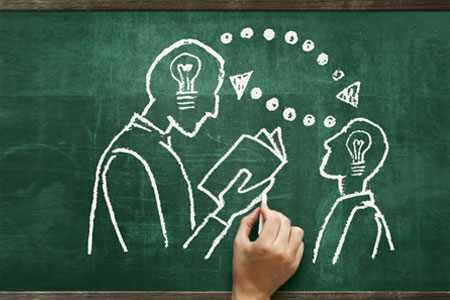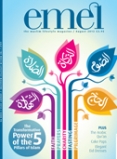
Wise are the Beacons of Truth
Issue 95 August 2012
While modern education is very results-orientated, Tam Hussein believes we need to study the Islamic traditions to discover the true essence of education.
Modernity often overlooks the fact that the ancients understood the importance of teachers better than us. Whilst our reliance on technology has resulted in educational targets being met, perhaps the role of the teachers as a conduit of learning has become less important. The ancients viewed the matter differently; teachers were crucial components in forming ethical sentient beings. This is certainly the case in the Islamic tradition as Imam Ali’s saying shows that learning is the true glory of man and the wise were the real beacons of truth.
As early as the ninth century, Islamic teaching systems addressed the mind as well as the heart. Scholars such as Ibn Sahnun, a Maliki scholar from Kairouan, insisted that there was a symbiotic relationship between teacher and student. Unlike the modern education system, formal teaching began when children reached seven years of age. Elementary students were taught Qur’an, grammar, handwriting and poetry. The teacher was encouraged to engage his students through group and individual study, and he was to foster competition because it built strong character. Above all the teacher had to be a paragon of virtue both in his public and private life. Teaching was a way of life.
Bookmark this |
|
Add to DIGG |
|
Add to del.icio.us |
|
Stumble this |
|
Share on Facebook |
|
Share this |
|
Send to a Friend |
|
Link to this |
|
Printer Friendly |
|
Print in plain text |
|


Comments
0 Comments